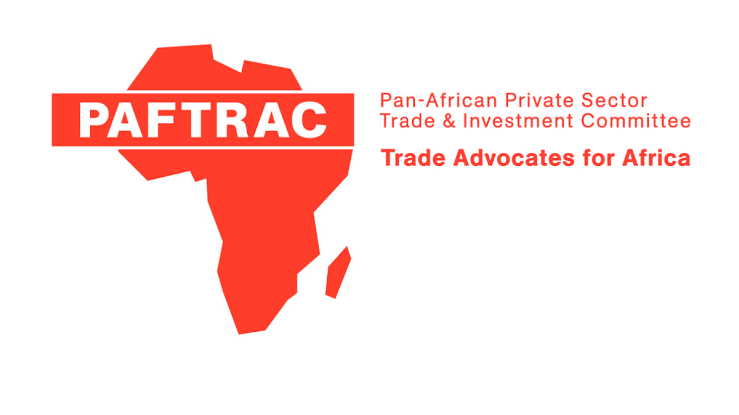The Nigeria Labour Force Survey (NLFS) for Q2 2024, released by the National Bureau of Statistics (NBS), highlights the pivotal role of education in determining the nature of employment. Workers without formal education overwhelmingly dominate informal employment, making up 99% of the total, while only 26.6% of individuals with post-secondary education fall into informal jobs.
Rising Informality in Employment
Informal employment accounted for 93.0% of Nigeria’s workforce in Q2 2024, up from 92.7% in Q1 2024 and 92.3% in Q3 2023. The report revealed a clear connection between educational attainment and the likelihood of informal employment:
– No formal education: 99.0%
– Primary education: 97.9%
– Lower secondary education: 94.7%
– Upper secondary education: 67.1%
– Post-secondary education: 26.6%
Higher education levels consistently translate to greater access to formal employment opportunities, underscoring education’s role in improving job quality.
Urban-Rural and Gender Disparities
The survey exposed significant differences in informality between rural and urban regions. Rural areas recorded an informality rate of 97.5%, compared to 90.0% in urban areas. Women were also more likely than men to work informally, emphasizing the persistent gender inequalities in the labor market.
Drop in Discouraged Job Seekers
The proportion of discouraged job seekers—those willing and available to work but no longer job hunting due to challenges—declined to 2.0% in Q2 2024 from 3.6% in Q1 2024. This drop suggests increased labor force participation, possibly driven by agricultural activities.
Youth Engagement and Gender Gap
There was a positive shift among Nigerian youth aged 15–24, with those neither in education, employment, nor training (NEET) dropping to 12.5% in Q2 2024, down from 14.4% in Q1 2024. More young Nigerians are now pursuing education, vocational training, or employment.
However, gender disparities persist. Female youths in the NEET category stood at 14.3%, compared to 10.9% of males, reflecting barriers like limited access to education and cultural or economic restrictions.
What It Means for MSMEs
The data highlights the need for MSMEs to address education and skill development gaps to enhance workforce quality. As informal employment dominates Africa, targeting rural areas and women for upskilling initiatives could open doors to more sustainable employment and economic growth. Businesses can also play a key role in supporting vocational training and reducing youth disengagement, fostering a more dynamic and equitable labor market across the continent.










